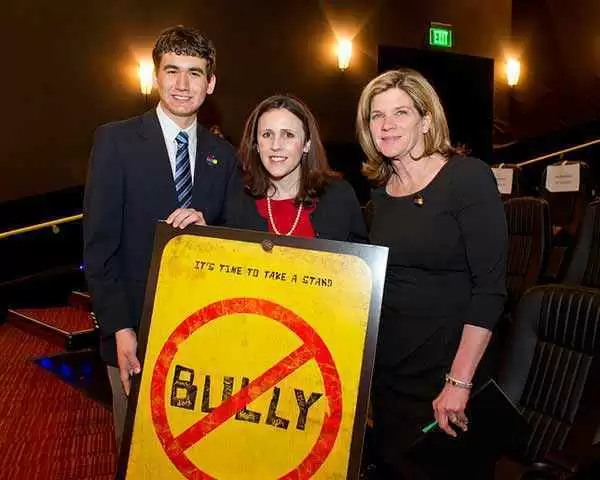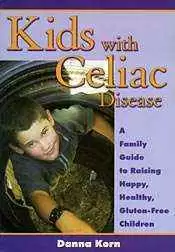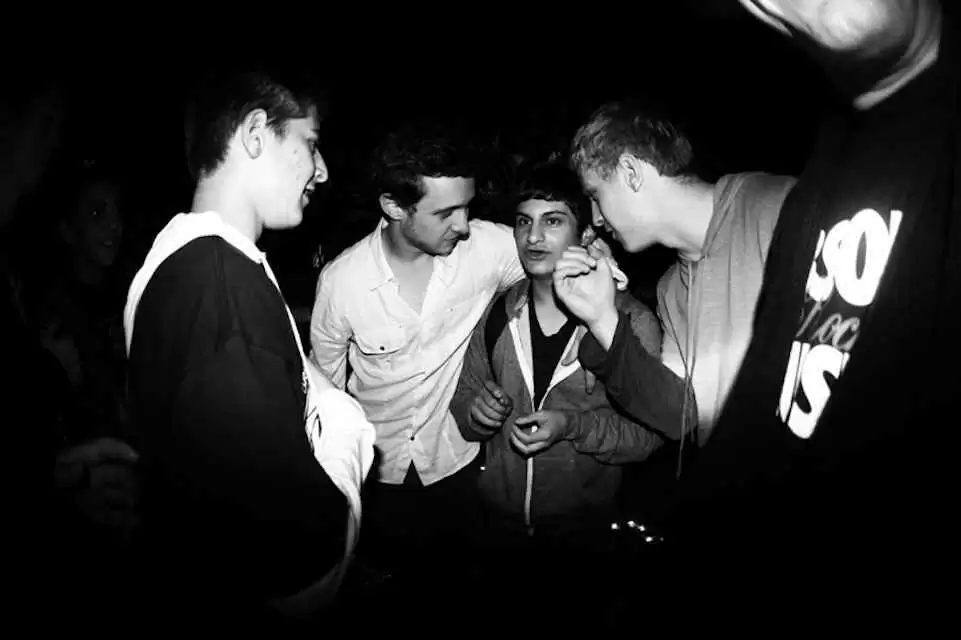
Celiac.com 02/08/2017 - "What if the kid you bullied at school, grew up, and turned out to be the only surgeon who could save your life?" --Lynette Mather
If you ask any high school senior what in their life has changed the most since kindergarten, statistics show that many would answer moving from one school to another. However, the more drastic of changes are seen such as illnesses diagnosed during these critical school ages. In 2009 I was diagnosed with celiac disease, and that diagnosis has impacted my life in both positive and negative ways for my past, present, and future time at Indiana Area High School and beyond. Personally I have had to deal with bullying because of my disabilities. Bullying by definition is the use of force or coercion to abuse or intimidate others. I along with 20% of my peers nationwide in grades 9-12 (The Youth Risk Behavior Surveillance System) experience bullying in many different forms. Bullying can be teasing, hitting, leaving someone out, whispering behind backs, online harassment, shoving, remarks about race, sexuality, and disabilities. Before my diagnosis I was considered "normal" but as a result of my illness and "strange" dietary needs therefore I have been bullied. However, looking back on my experience I am happy to have dealt with the resistance because it has made me a better, more confident individual.
Celiac.com Sponsor (A12):
I, like three million fellow Americans nationwide (National Celiac Disease), must deal with the stress of having celiac disease. I was diagnosed in 2009 after having lost my eyesight to a migraine. Celiac Disease is an often under-diagnosed autoimmune disease wherein the person cannot eat wheat, rye, barley, or oats, otherwise known as gluten, because their antibodies will attack their own system leading to other serious health issues such as cancer. Celiac Disease is spread through genes; my entire family, including my father, mother, and sister, has this disease. However, even with the growing awareness of celiac disease, there is also a growing skepticism. "Critics" of my disease claim that the gluten free diet is a fad. Many celebrities have tried to lose weight and failed to stay on this difficult diet. Restaurant chains are coming out with new gluten free menus every day to raise prices and profits, though they refuse to educate their servers about what someone with a gluten "allergy" cannot eat. While some people are sympathetic and know the outstanding facts about celiac disease, most of the population stays in the dark about this ailment. This causes frustration for people with celiac disease, like me, to have to deal with the resulting brick wall of resistance.
In my small community it is very rare for someone to have such a disease that the public knows little about. This can cause doubt and disbelief, especially at a high school where everyone is just trying to "fit in". When I was diagnosed in 2009, I had just started ninth grade and I had also started playing two high school sports, softball and tennis. For the softball team it was a well-known fact that after every away game the softball boosters would buy each girl a twelve inch sub from a local deli to eat on the way home. Whenever my parents and I contacted the booster president to explain the situation with my disability and that I simply would like to have a salad, we were met with backlash. I did not understand at the time why a parent would refuse to supply another child with food after a physical activity when everyone else was getting a meal. This quickly made me an outcast on the softball team as the "strange girl with the made up disease", causing me to feel stressed and awful about myself over something that I could not control. I would have loved to have been able to "fit in" and eat the subs like my teammates rather than being different, especially after growing up able to eat gluten! It was a hard transition to make. I went from being able to eat the subs, donuts, pizza, and any other fast-food product to a strict dietary regime.
After my long process through the education system, I finally got the meal I had a right to have. Unfortunately, the boosters' actions, forced us to go through the school system to "prove" I had a legitimate excuse not to eat the subs. I was distanced from other members of the team and, in subsequent years, had to deal with backlash from my teammates. They do not understand that it is not a personal choice to avoid gluten. I have a disability. I simply cannot eat it. Instead, they go back to the first year when I was eating the same foods they ate, and I get blamed for wanting to be "special" and get the more expensive food. I know that I am not alone in my struggle and that people with celiac disease around the world deal with what I deal with everyday - just like others who are bullied for being different.
The after effects from my being bullied have shown themselves even in everyday situations. I have learned a great deal about myself and respect for other individuals' differences. I believe that if I had not been bullied I would not have the self-confidence, integrity, sense of right and wrong, or leadership skills that I have now. It has allowed me to go above and beyond in tough situations, knowing that I can overcome them. I know that even though the times are tough with my disability, and that while others may never understand mine, I can certainly understand and respect theirs. I respect and do not judge others simply based on what they can or cannot eat. I also know that just because someone does not "look" ill on the outside does not mean they are not dealing with something awful on the inside. This allows me to make friends easily and to understand others more effectively. Being bullied has also allowed me to learn new leadership skills that I use in my volunteer work. I am confident in myself that I can go forward into the world of higher education and succeed because of the values I now hold dear.
The most drastic change I have encountered in my high school career is the diagnosis of celiac disease in 2009. This diagnosis has impacted my life in both positive and negative ways, in the past, present, and future at Indiana Area High School and beyond. I have had to deal with bullying because of my disabilities. Bullying, by definition. is the use of force or coercion to abuse or intimidate others. I along with 20% of my peers nationwide in grades 9-12 (The Youth Risk Behavior Surveillance System) experience bullying in many different forms. After dealing with the effects of my being bullied, I know that it has made me a better person. I can travel the world and make lasting relationships based on acknowledging and respecting differences in every person I encounter.











Recommended Comments
Create an account or sign in to comment
You need to be a member in order to leave a comment
Create an account
Sign up for a new account in our community. It's easy!
Register a new accountSign in
Already have an account? Sign in here.
Sign In Now